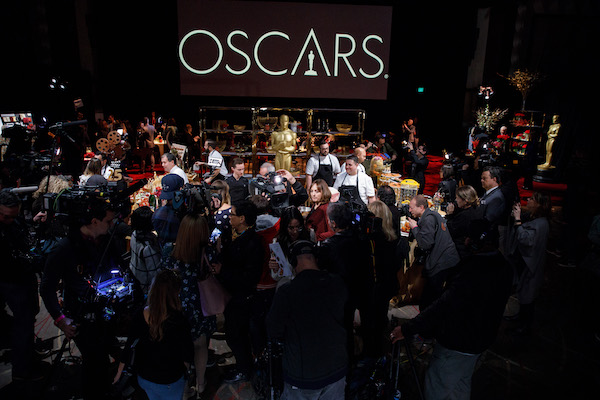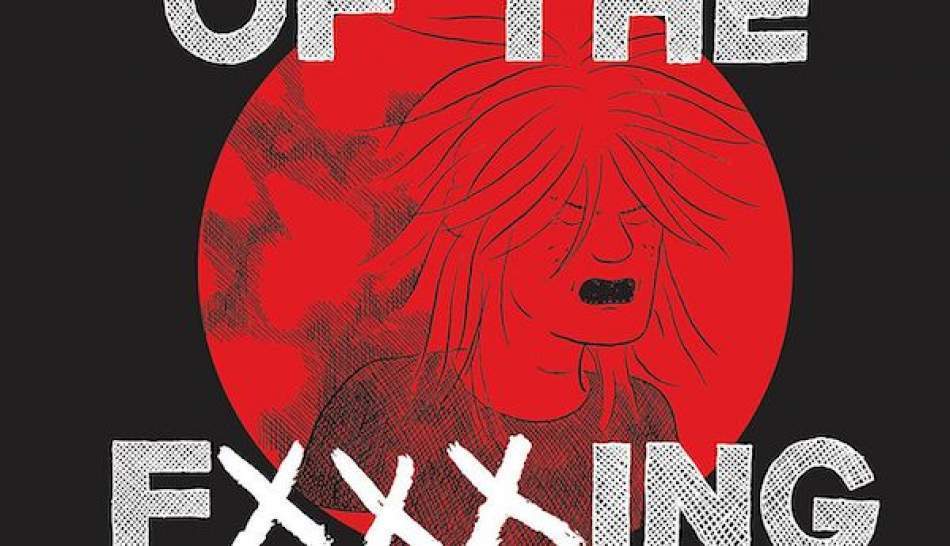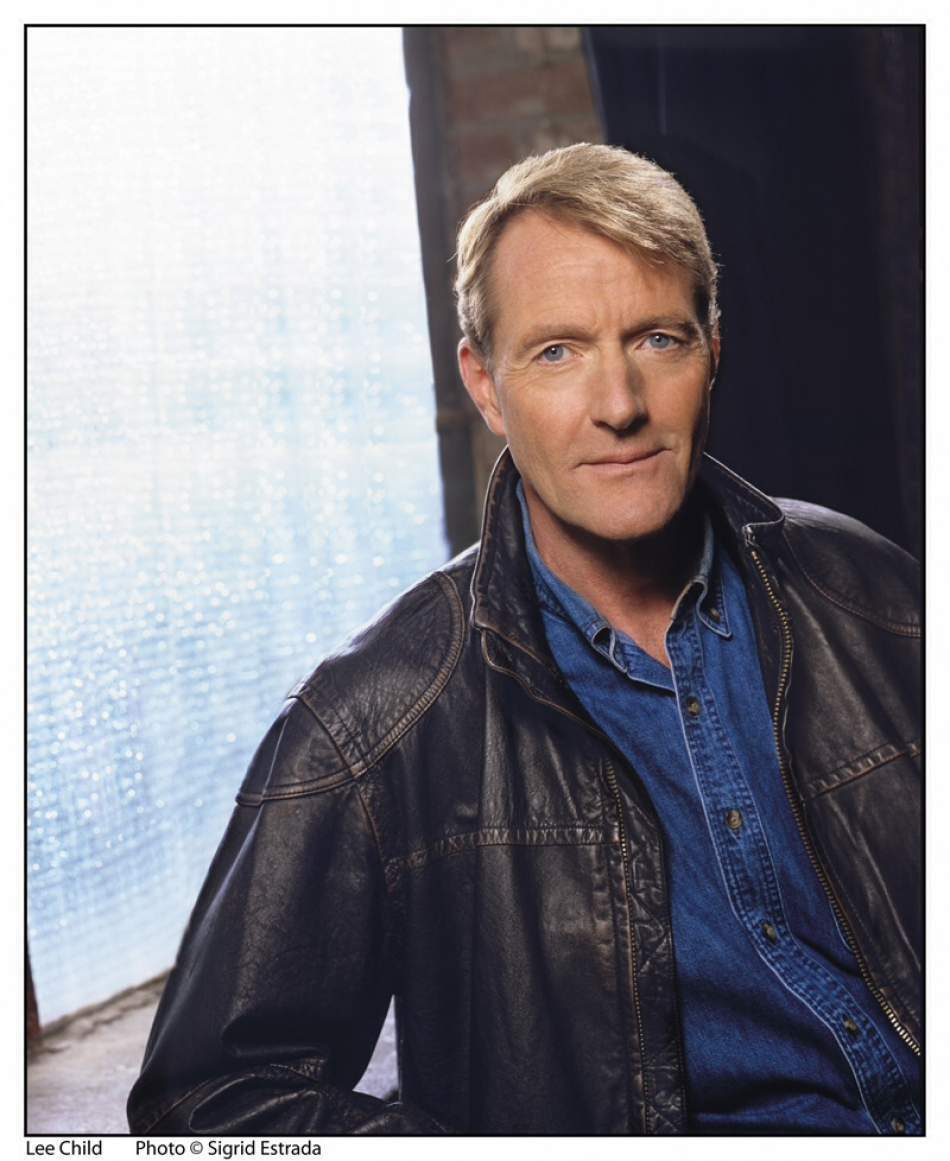Interview with S. Leigh Savidge, Oscar nominee for 'Straight Outta Compton'
Straight Outta Compton nominated for the Academy Award for Best Original Screenplay.
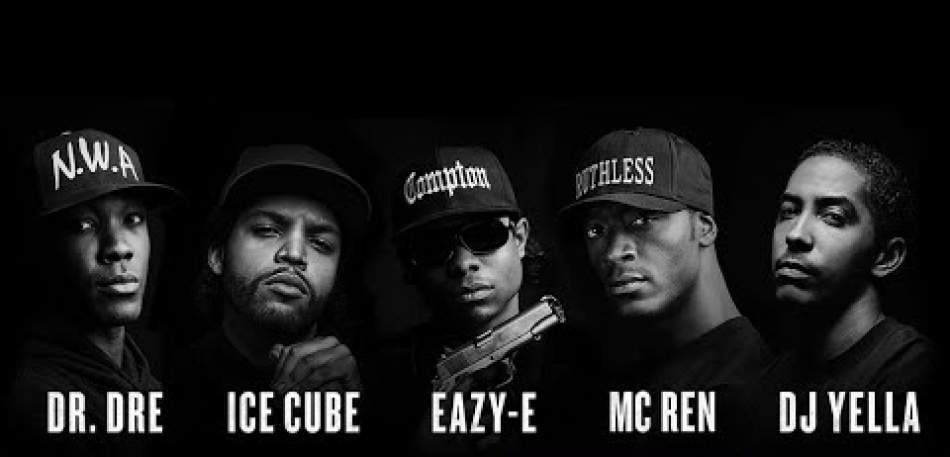
Q. What about the production? What was the hardest part of the project?
A. Xenon Pictures, Inc. sold the original draft of the screenplay for Straight Outta Compton into New Line Cinema in 2006. As part of that transaction, we had executed a "shopping agreement" with Eazy E's widow, Tomica Woods Wright whereby she would put Ruthless's music publishing rights with my screenplay. What that meant was that she endorsed Eazy's portrayal and the tone of the story in my draft. It was a packaged deal. But both studios, New Line and later Universal who bought out New Line's interest in 2014 felt that they needed the full support of Ice Cube and Dr. Dre to promote the film; and both of them insisted on having their characters have equal weight and screen time as Eazy's character. So this is where the major difficulty in getting the film made lay. Tomica had to be persuaded to lend her music rights to a film that was essentially the same but was redrafted to be more about the relationship between Eazy, Cube and Dre than about Eazy and Ruthless with Cube and Dre as supporting characters. Resolving those issues took eight years, multiple writers and ultimately a new studio to step in. Once those issues were resolved, the production proceeded fairly smoothly.
A. Xenon Pictures, Inc. has various projects that it is presenting to the studios-- roughly 12-13 all told. Like Compton, some of the projects have a script / story or music rights component to them. The two that might interest your readership the most would be Welcome to Death Row, a ten-hour limited series that focuses on the rise and fall of Death Row Records and is a presumptive sequel to Compton; and Sub Pop, which examines the music label that developed Nirvana and Mudhoney, released the first ep's from Soundgarden and Green River (which later morphed into Pearl Jam) and created and sold the so-called grunge music movement to the world.
A. The major change in the business is that two companies whose roots are in technology, Amazon and Netflix, have become major players in the creation and distribution of filmed content globally. They are embracing content and therefore offering opportunities to content creators that might not interest other studios. With both companies, their approach to the market is as much data-driven as anything else. They are looking at what consumers in their networks are embracing -- at what appears to be over-indexing in their networks-- and making their content creation decisions based largely on that. The other big change is the proliferation of digital channels that are showing content. This has resulted in opportunities for new content creators who operate in both the shortform and longform spaces to get their shows shown.
© All rights reserved
You Might Be Interested
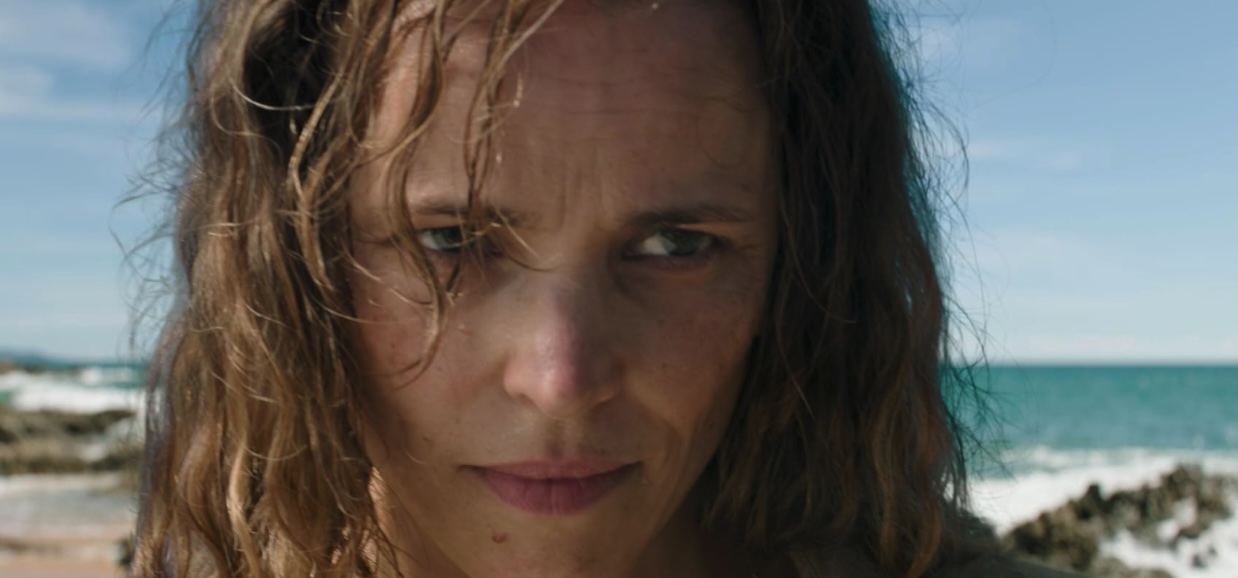
Send Help, Sam Raimi Director and Zainab Azizi Producer interview
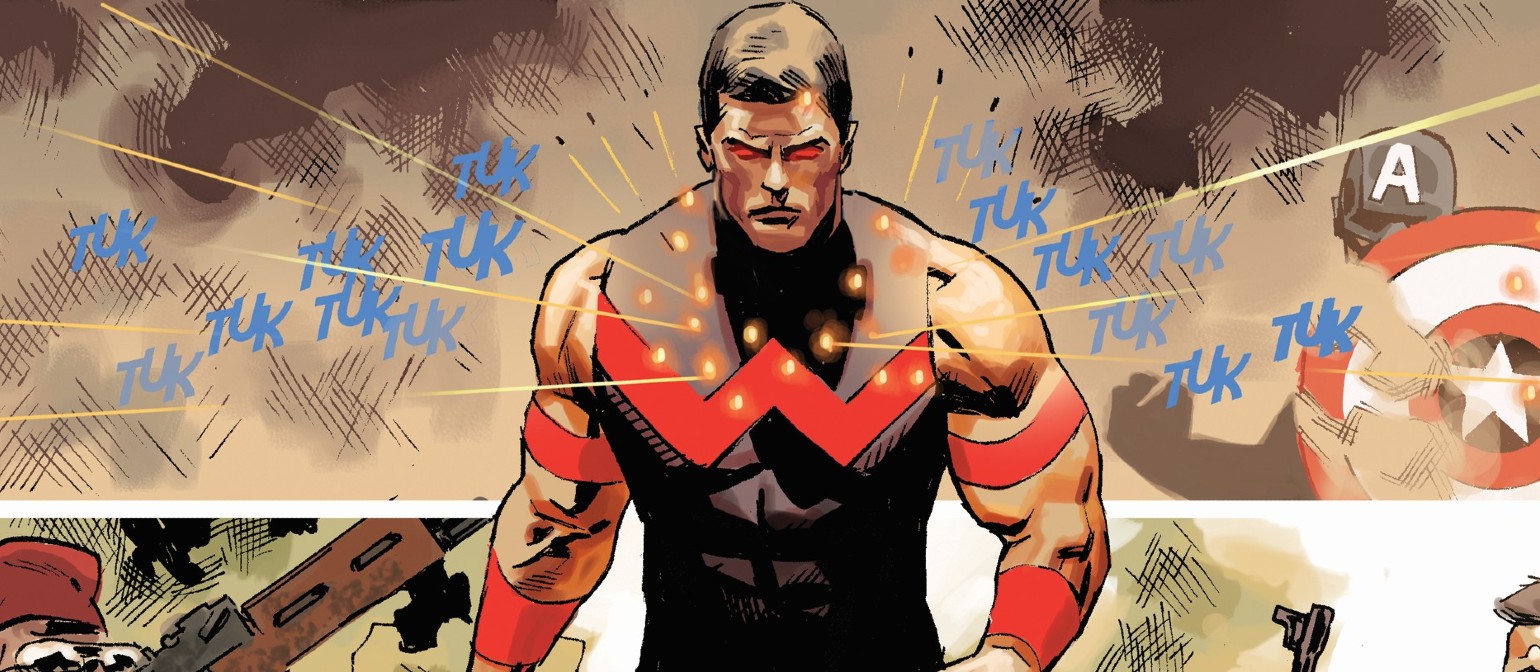
Wonder Man Sir Ben Kingsley and Yahya Abdul-Mateen II Interview
The statements of Sir Ben Kingsley and Yahya Abdul-Mateen II
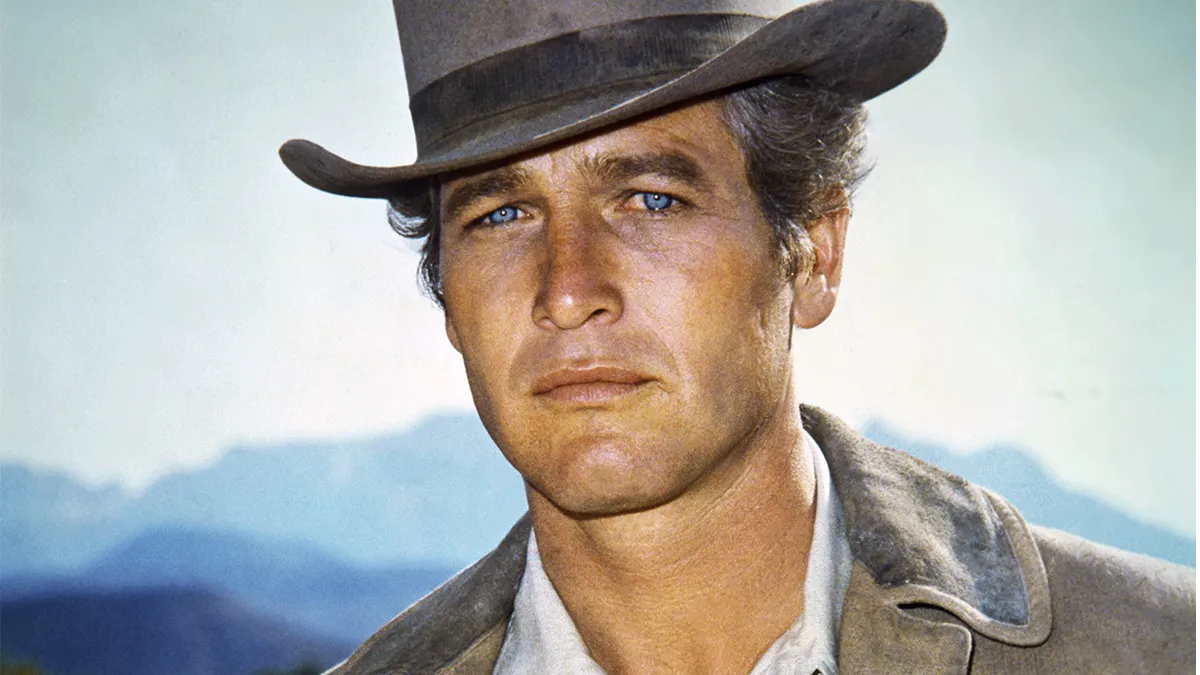
Paul Newman: A Historic Legacy
Paul Newman was born on January 26, 1925, in Shaker Heights, Ohio
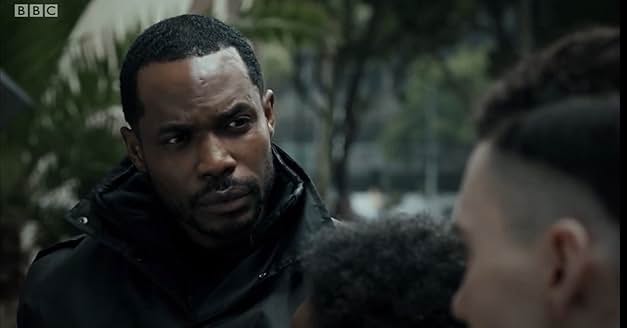
How to Make a Killing, Stevel Marc interview
How to Make a Killing will be released in theaters on February 20, 2026.
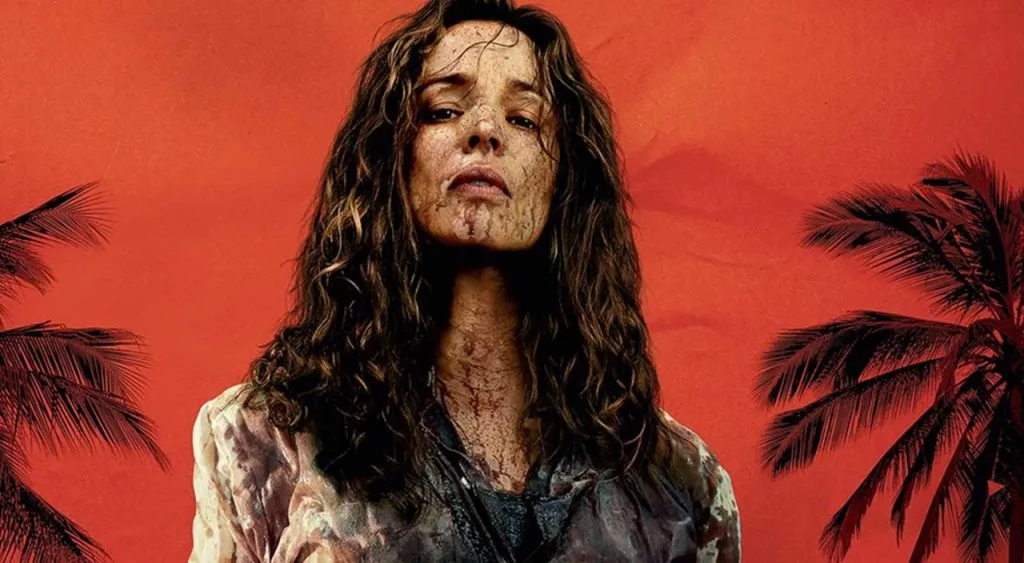
Send Help, Sam Raimi interview
The statements by Sam Raimi

Send Help, Rachel McAddams interview
The statements by Rachel McAddams

Ponies, Haley Lu Richardson interview
the statements of Haley Lu Richardson
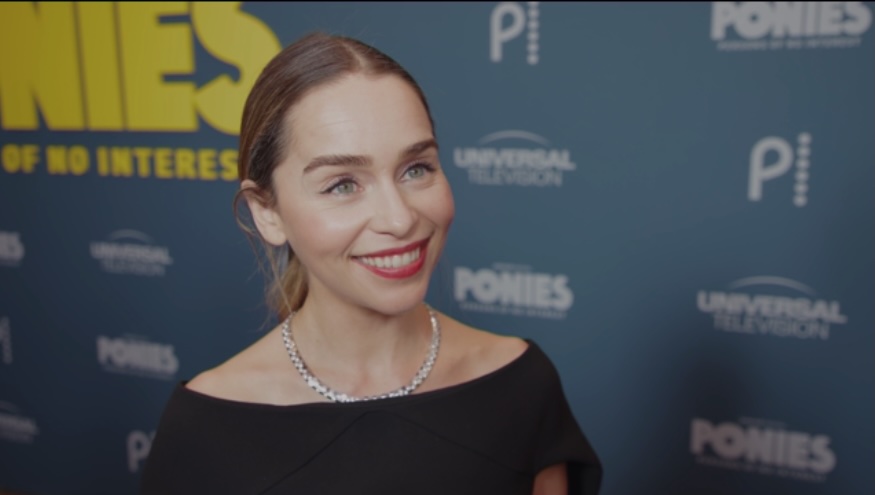
Ponies, Emilia Clarke interview
The statements of Emilia Clarke

